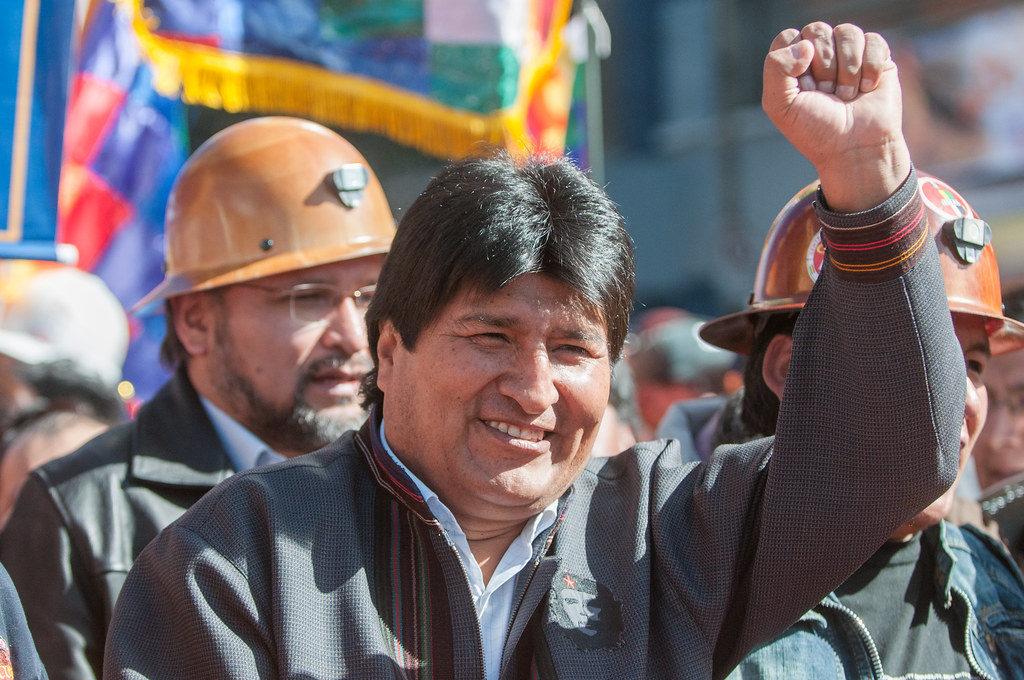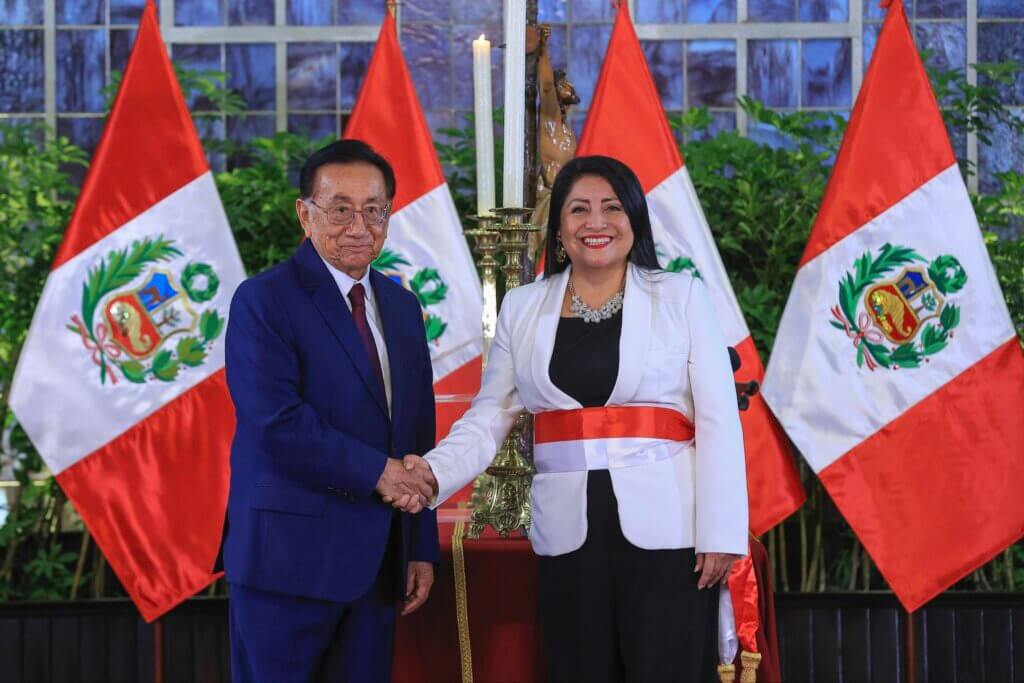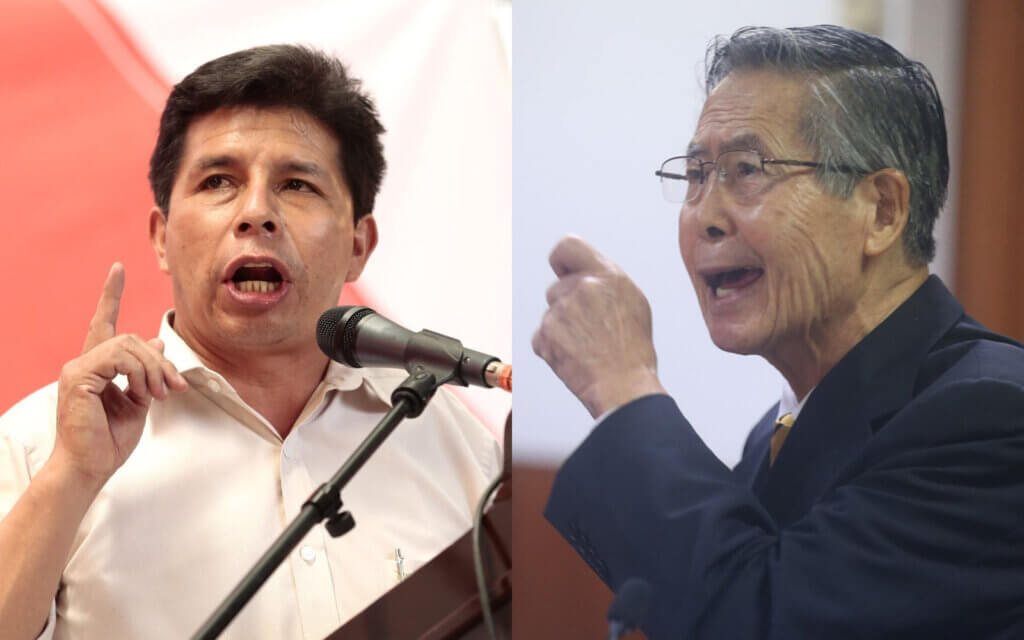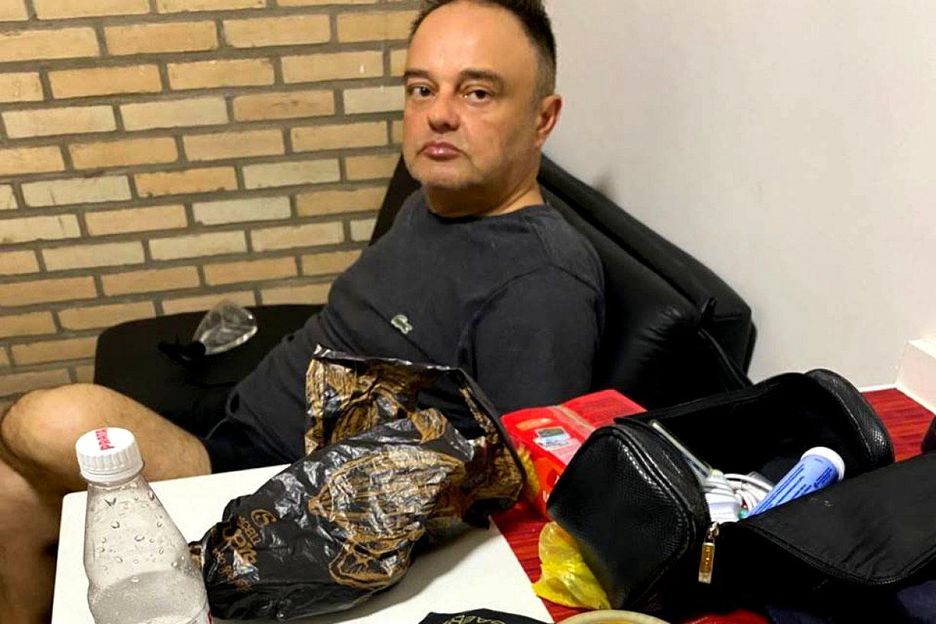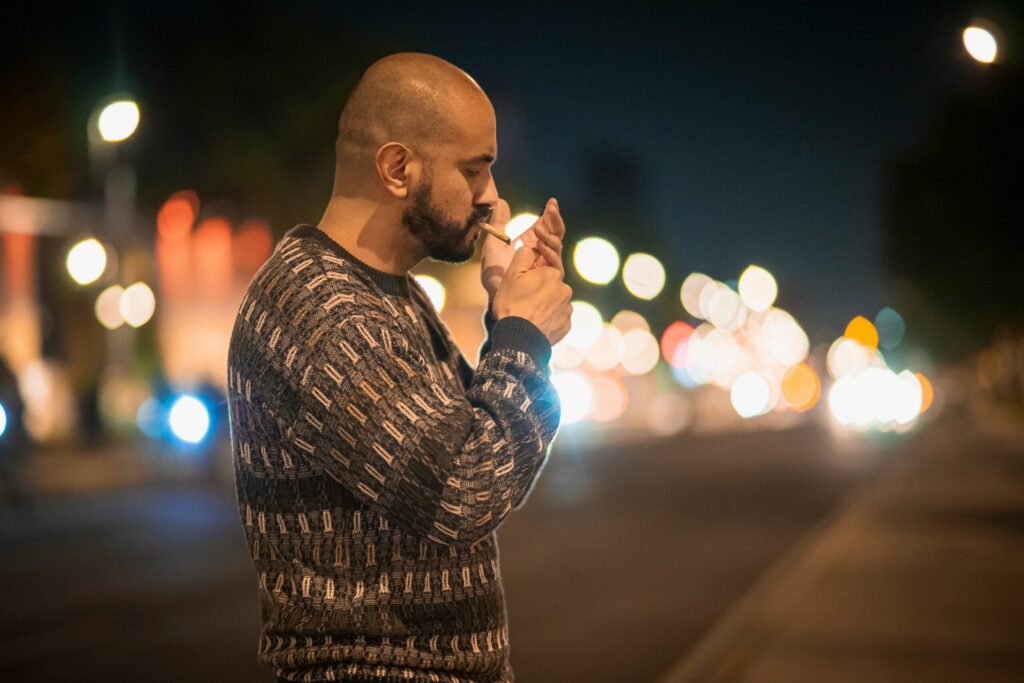Former President Evo Morales has called upon his supporters to nullify or spoil their ballots, ahead of Sunday’s Bolivian general election.
The leftist leader has dismissed concerns that voters spoiling their ballots could split the left-wing vote and pave the way for a right-wing victory.
“It is not a null vote that opens the doors to the right,” Morales wrote on X, adding that “the doors to the right are opened by those who banned Evo, and who benefited from banning him.”
“The doors to the right are opened by the disastrous management of Luis Arce’s government [and by] lists of candidates who do not represent popular interest. A null vote is the last option left for those of us who believe these elections are illegitimate,” he further claimed.
Morales and Arce, who were once allies belonging to the left-wing Movement to Socialism (MAS) party, have been at the center of an ongoing feud.
Arce served as Bolivia’s economy minister under Morales and, when Morales fled Bolivia in 2019 amid accusations of vote-rigging, he chose Arce to be the presidential candidate for MAS in the 2020 general elections.
Arce triumphed in the elections, and Morales returned from exile. However, Arce barred his former ally and mentor from playing a role in his government.
Morales subsequently announced that he was intending to run for president in the 2025 general elections, though the Bolivian Constitutional Court prohibited him from doing so due to a recently-reinstated law preventing individuals from serving more than two presidential terms. Morales continued to insist that he would run until May 2025, when he missed the deadline for registering as a candidate.
In October, Morales was accused of raping a teenage girl while he was president, a claim he insists was fabricated by the Arce administration.
Read more: The statutory rape allegations against former Bolivian President Evo Morales
Pro-Morales supporters have participated in several protests over the past 12 months, in some cases carrying out blockades to protest Arce’s treatment of Morales and his wider administration of the country.
Arce had himself been intending to run in the 2025 elections, but dropped out of the race over concerns that his candidacy might further fragment the Bolivian left and increase the probability of a right-wing victory.
The candidates for Sunday’s election are Eduardo del Castillo, an independent aligned with the governing left-wing Movement for Socialism (MAS); Samuel Doria Medina of the center-right National Unity (UN) party; Jorge Quiroga of the right-wing coalition Alianza Libre (Free Alliance); Andrónico Rodríguez, an independent backed by the center-left Popular Alliance; centrist Rodrigo Paz, a senator belonging to the Christian Democratic Party, and Manfred Reyes Villa of the Autonomy for Bolivia Party (APB-Súmate), who identifies as neither left nor right leaning.
Under Bolivian law, voting is mandatory, although votes may legally be cast in the form of blank or spoiled ballots. This is what some pro-Morales supporters are choosing to do.
One of those is Leticia Guarachi Padilla, a 35-year-old leftist entrepreneur who runs a small business which specializes in installing blinds and curtains.
“I voted for Evo every time he ran, and I don’t regret it because he promoted structural changes that favoured the poorest,” she told The Guardian. However, Guarachi Padilla recognized that Morales does have “problems,” including “his relationships with underage girls and the fact that he sees himself as a saviour, driven more by ego”.
Despite these faults, she insists that Morales should have had the right to run, adding: “Voting for Doria or Quiroga means voting for imperialism and for the U.S. to retake control of Bolivia.”
Meanwhile, clothing vendor Daniela Cusi told Associated Press that she is going to bring paint so that she can paint Morales’ “lovely face” onto her ballot paper.
Cristina Sonco, a member of the Aymara Indigenous group to which Morales also belongs, is also intending on spoiling her ballot with a sticker that makes it appear as though Morales is listed as a candidate. She told Associated Press: “I look in the mirror and realize I’m just like him. I know my roots.”
Morales, a descendant of both the Uru and Aimara Indigenous peoples, was elected in 2005 as Bolivia’s “first Indigenous president”.
However, the 65-year-old politician does not have the backing of all his former voters. Romina Solano, a 33-year-old law student in Cochabamba, told The New York Times that, though she had previously voted for Morales, she would be voting for Doria Medina in this election.
Solano explained that Morales’ pursuit of a fourth term was “the first strike,” adding: “I realized that he didn’t accept that we are in a democracy in Bolivia.”
If no candidate receives 50% or more of the vote on Sunday, a run-off election will take place at a later date. This will occur even if the majority of votes cast are blank or spoiled.
Featured image:
Image: Evo marches with the Bolivian workers’ union, 2015
Source: Eneas de Troya via Flickr
License: Creative Commons Licenses


